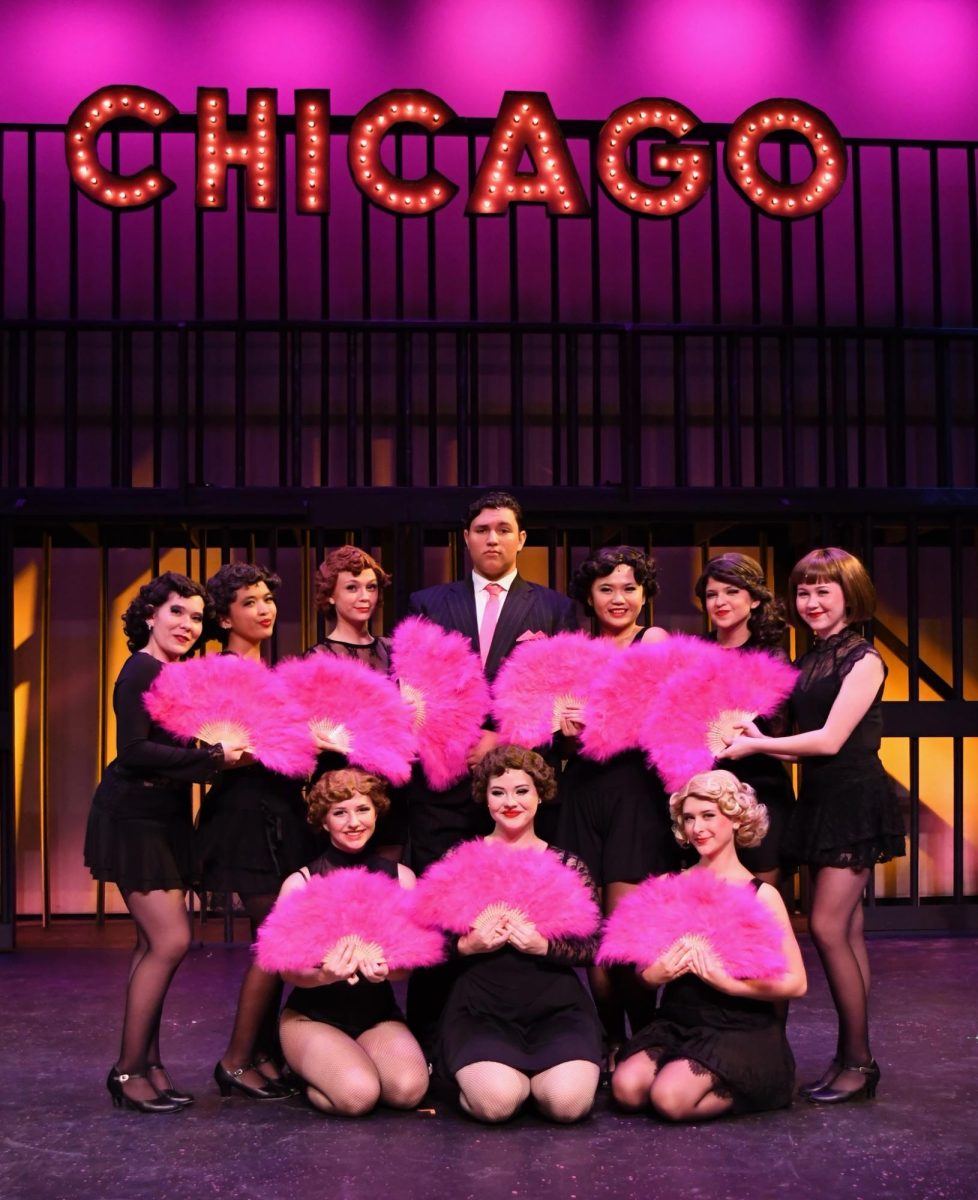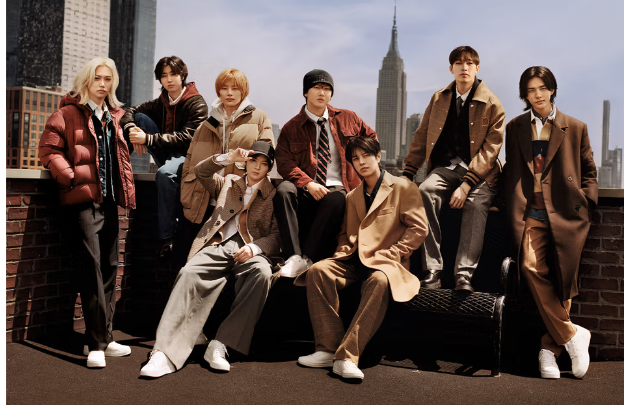The Foolishness Behind Fads

Vans Checkerboard Slip-Ons, a common trend item that is especially popular among Californian students
January 13, 2022
Fads–they are the ups and downs of society, coming and going every second. From Silly Bands to the latest TikTok sensation, fads are everywhere. Fads, simply put, are short-lived, unreasonable trends. Particularly, they are most prevalent in the lives of students in the age of technology and social media. Considering the awkward developmental stages and peer pressure teens go through, it is nothing special for the majority of them to try to fit in. However, fads are not necessary; in fact, they are quite harmful to society as a whole. Fads kill individuality, uniqueness, creativity, and genuineness, while encouraging vanity, discrimination, and materialism. Despite the apparent obviousness of how unnecessary fads are, their survival and blind priority in society prove that most people do not know any better.
First of all, the average teen is overly concerned with their appearance and material wealth. Many students cycle through expensive clothes, electronics, toys, and hobbies just to keep up with the latest trends. For example, not having the latest iPhone or trendy shoes is taboo among the majority of teens. Of course, this is silly–the newest iPhone will eventually become the old iPhone, and the “trendiest” shoes will eventually wear out (or, the realization that they may have just been an ordinary pair of shoes will surface).
What good comes out of following trends? Feeling bad about your financial status? Wearing what everyone else wears? Having lower or no self-esteem because of someone else’s nonsensical standards? Developing a sense of vanity? It is healthy to buy nice things and get involved in social activities, but doing so in the way fads require is wasteful and unsustainable. Rather than obsessing over what they don’t have, students and people in general should focus on what they already have. An older phone can be more than useful and functional, and wearing the latest fashion trends does not matter with the right wardrobe. Practicality and loyalty are more important, as it is pointless to invest time and money into activities, goods, and fandoms you will end up abandoning or disliking. In addition to seeing how students themselves can benefit from disregarding fads, students should also learn how they can use their money and time for better causes.
Although most students will feel reluctant to do so, they could use the $60 they spend on new accessories to feed multiple families in a third-world country. Instead of spending days trying to learn the latest TikTok dance, students could volunteer at places like nursing homes, hospitals, and orphanages; they could even simply just spend time with their families. Besides, the hours students spend looking in the mirror worrying about their faces (which, naturally won’t change unless they decide to do something drastic like plastic surgery) is better spent looking at the faces of their loved ones, who are temporary like fads, but immeasurably more valuable and worthwhile. As cliche as it might sound, students should realize that no one can ever truly like them if they cannot like their own true selves first. The same thing applies to knowing someone–nobody can truly know someone who does not know themselves.
Life is fleeting, and fads are regrets that can be avoided for the benefit of many. In the end, fads are always forgotten and betrayed. Within reason, there is nothing wrong with liking something popular, but only if enjoyment can constantly be provided by it and if it has the right justifications (or for as long as one likes it by their own accord, without superficial outside influence). Furthermore, it is admirable when a person devotes themselves to and stays loyal to something–especially when they can take pride in it without hesitation or thought to what others may think. Similarly, trends can be meaningful so long as a person who associates with them genuinely enjoys them. Josephine Kim (11), says that “Personally, [she] like[s] the trends and the fads that are presented.” She states that they give people the chance “to experience new styles as well as have fun doing activities.” Additionally, she comments, “One of my favorite trends would be in fashion. Sweater vests made a huge comeback this year and I love it!”
However, many teens belittle hours of their lives that they devoted to certain fads, just because they became “cringe[worthy]” according to popular opinion. Nevertheless, they continue the vicious cycle when the next fad comes along, squandering even more precious time and money. Though fads are seemingly inevitable, it is especially important for society’s youth to reflect on the rationality of them, whether or not they themselves enjoy them, and whether or not their time would be more meaningful if spent on something or someone else.




































